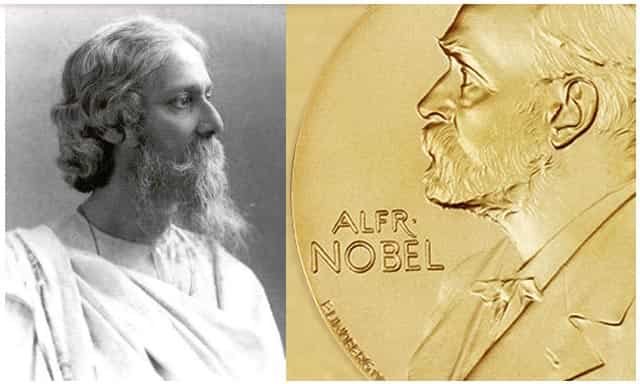First Nobel Prize of India – Contributions to Education and Science
The legacy of India in the field of education and science has been enriched by numerous luminaries. Among them, the story of Rabindranath Tagore, the first Asian to be awarded the Nobel Prize, shines brightly. This article explores the significance of his achievement, delves into the historical context of his remarkable journey, and presents five key takeaways that students aspiring for various government positions should keep in mind.
Why this News is Important
1. Recognition of Intellectual Excellence
Rabindranath Tagore’s Nobel Prize win in 1913 was a landmark moment, as it highlighted India’s intellectual prowess on the global stage. His recognition marked a new era in the acknowledgment of Indian contributions to education and science.
2. Inspiration for Future Generations
Tagore’s achievement serves as an inspiration for students preparing for government exams. It demonstrates that even during challenging times, dedication to one’s field can lead to remarkable accomplishments.
Historical Context
Rabindranath Tagore’s contributions spanned literature, poetry, music, and education. In 1901, he founded Visva-Bharati University in Santiniketan, emphasizing a holistic approach to education that combined Indian heritage with modern knowledge. His Nobel Prize in Literature for the collection of poems titled “Gitanjali” (Song Offerings) showcased his ability to bridge cultures through his literary work.
Key Takeaways from “First Nobel Prize of India”
| Serial Number | Key Takeaway |
|---|---|
| 1 | Rabindranath Tagore was the first Asian to receive a Nobel Prize, which he won in 1913 for Literature. |
| 2 | His award-winning collection “Gitanjali” explored themes of spiritualism and human connection. |
| 3 | Tagore’s legacy extended to education, as seen in the foundation of Visva-Bharati University. |
| 4 | He emphasized the integration of traditional Indian knowledge with modern education methodologies. |
| 5 | Tagore’s achievements underscore India’s cultural richness and intellectual heritage. |
Important FAQs for Students from this News
Q1: Who was the first Asian to win the Nobel Prize?
A1: Rabindranath Tagore was the first Asian to receive a Nobel Prize, which he won in 1913 for Literature.
Q2: What was the title of the collection that earned Tagore the Nobel Prize?
A2: The collection that earned Rabindranath Tagore the Nobel Prize was titled “Gitanjali” or “Song Offerings”.
Q3: What was the focus of Rabindranath Tagore’s educational philosophy?
A3: Rabindranath Tagore’s educational philosophy emphasized the integration of traditional Indian knowledge with modern education methodologies.
Q4: When did Tagore found Visva-Bharati University?
A4: Rabindranath Tagore founded Visva-Bharati University in Santiniketan, which focused on holistic education, in 1901.
Q5: What impact did Tagore’s Nobel Prize have on India’s global reputation?
A5: Tagore’s Nobel Prize win highlighted India’s intellectual prowess globally and underscored the country’s cultural and intellectual heritage.

